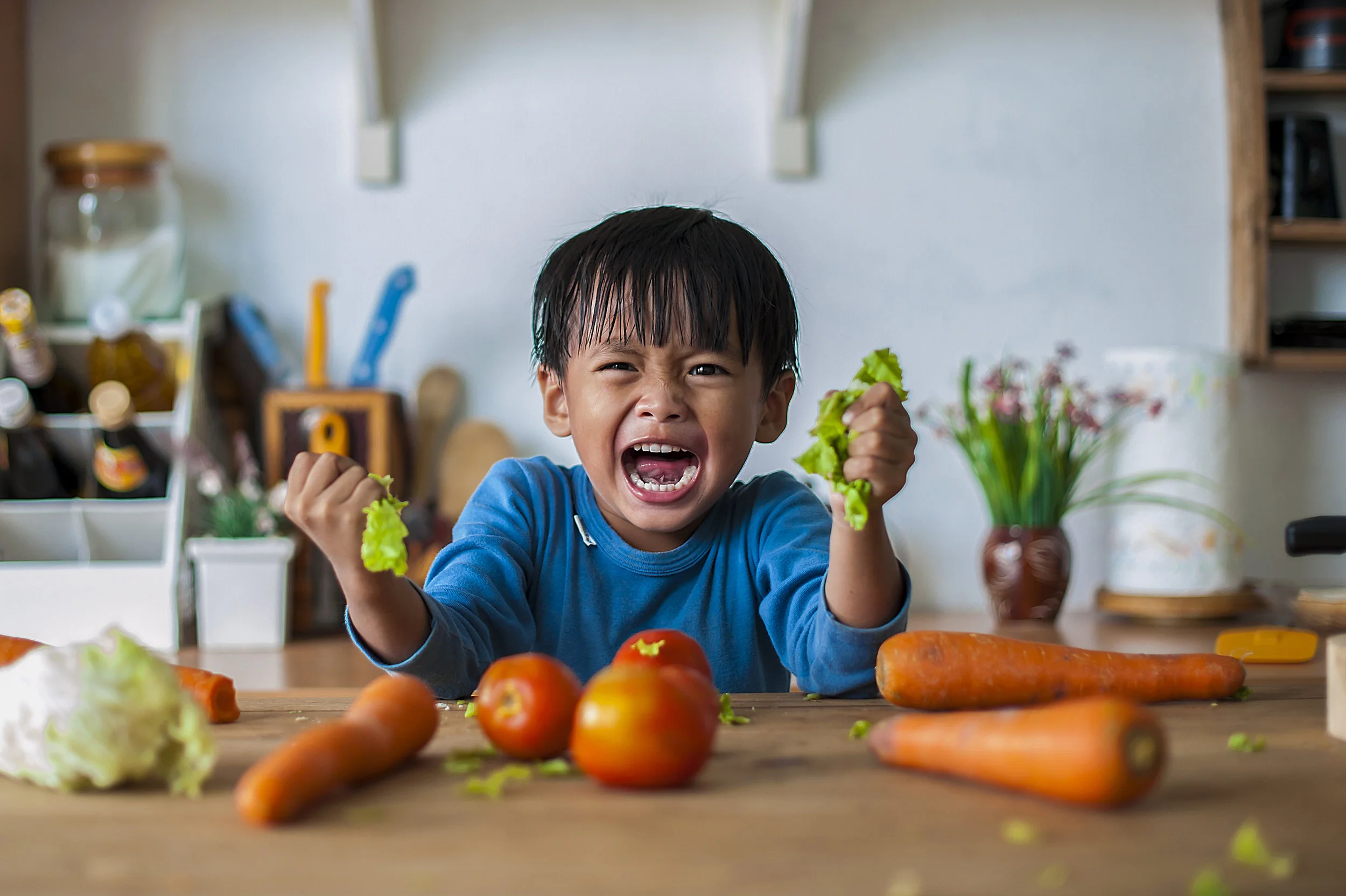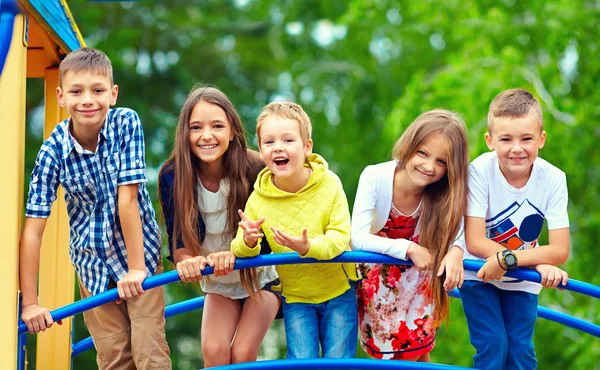More science of sleep in childhood and adolescence: a handful of new (or new-ish) studies and reports
/In the last few weeks I’ve presented at a number of school “acquaintance” and “orientation” nights to parents of primary and secondary students – and one of the topics I cover in these seminars is sleep: how much children and teens need and how we support them to get enough.
It’s only a small part of the talk (I discuss a range of factors which are associated with success and wellbeing for young people) but I thought I’d do some reading to make sure I was across any significant developments in the science of sleep for young people.
Once I started reading, I went down the “reading research rabbit hole”. I spent a few hours (and missed some of my own sleep time ) reading some interesting new studies and reports – as well as some old ones I’d missed.
I thought some of them might be worth sharing with you in this article. Here they are, in no particular order:
Read More




